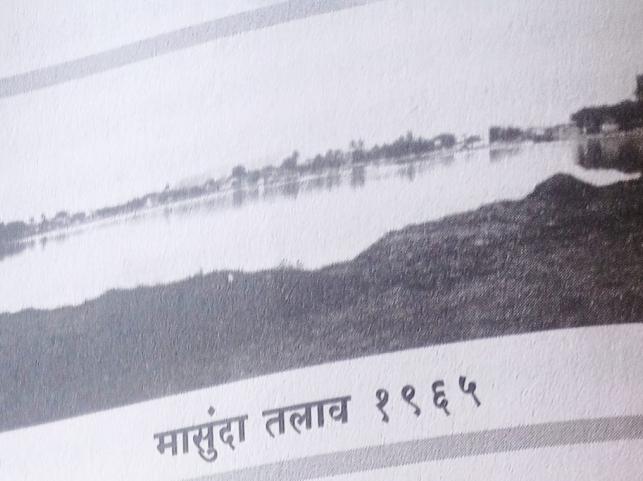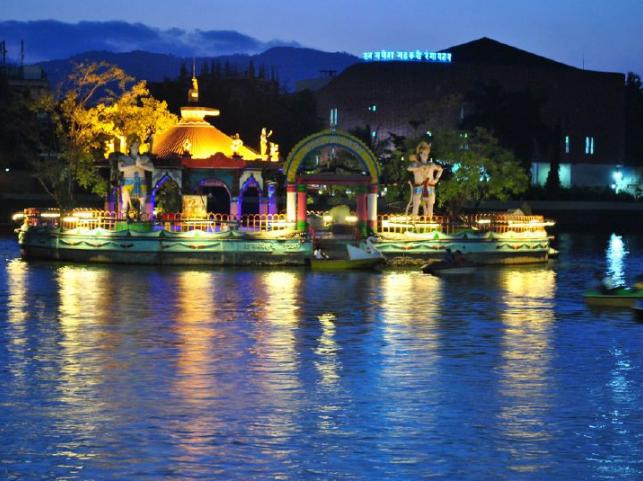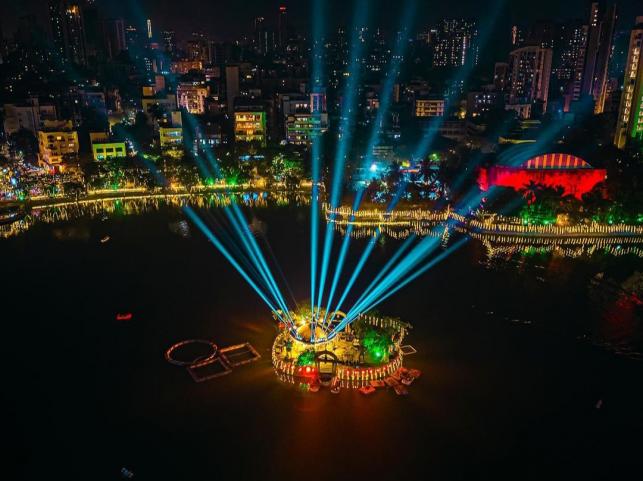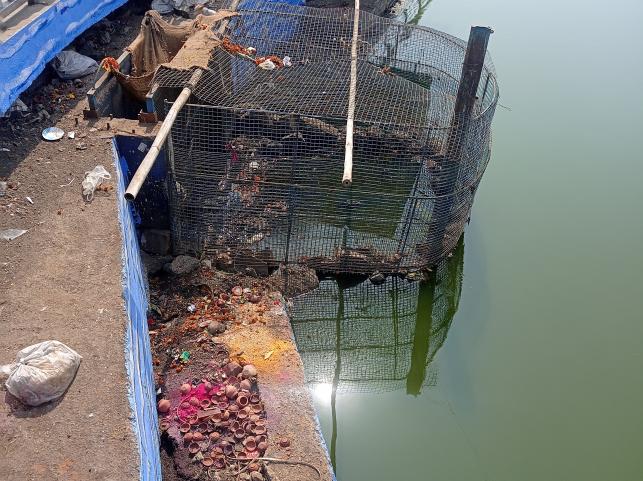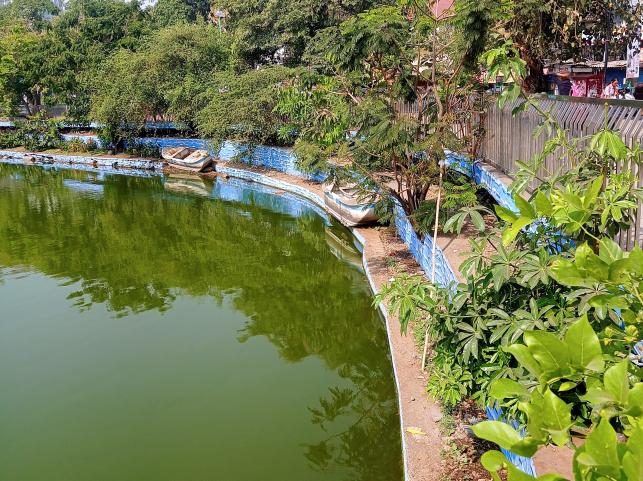Thane's Masunda Lake: A 1200-Year-Old Gem in the Midst of Modern Urbanisation
By Nirmeeti Patole | Updated: January 27, 2024 21:32 IST2024-01-27T21:30:35+5:302024-01-27T21:32:07+5:30
Thane, once known as the "City of Lakes," is striving to reclaim its identity through conservation efforts. Despite significant ...
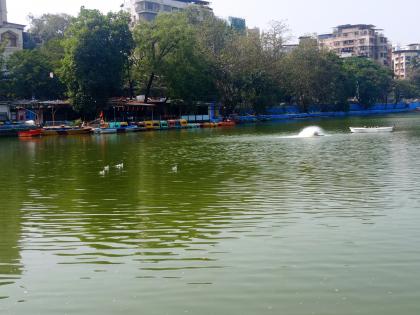
Thane's Masunda Lake: A 1200-Year-Old Gem in the Midst of Modern Urbanisation
Thane, once known as the "City of Lakes," is striving to reclaim its identity through conservation efforts. Despite significant investments in beautification, the state of its numerous lakes remains a concern. Historically, Thane boasted over 60 lakes and their accompanying temples. Today, only 36 lakes remain within the Thane Municipal Corporation area.
LokmatTimes.com embarks on a series exploring these significant lakes, delving into their impact on the city's development through the lens of urbanization. This series will examine each lake's history, socio-cultural significance, environmental concerns, beautification projects, and water quality, starting with the iconic Masunda Lake, also known as Talaopali.
A Historical Gem
Historian Sadashiv Tetvilkar, in his book "Tumcha Amche Thane," paints a vivid picture of the city's ancient lake network. These lakes are believed to have been built by the visionary kings of the Shilahara and Bhim dynasties, serving as vital sources of water during dry seasons. Legend has it that during Jayadevraja's reign, "the people of Thane started building lakes one by one and Shiva temples one by one." Sadly, the Portuguese reign (1533-1737) marked a period of religious persecution, with the destruction of many lakeside temples. Priceless cultural and artistic treasures, including beautiful idols, intricate sculptures, and historical inscriptions, were buried beneath the waters of these lakes. While some excavated idols are now preserved, others continue to be unearthed and researched.
Masunda Lake: A Beacon of History and Beauty
Masunda Lake, estimated to be around 1200 years old, is nestled in the heart of Thane. Its picturesque landscape, bustling street food scene, mesmerizing laser shows, and vibrant theatrical performances near its banks have made it a popular tourist destination, attracting visitors from across Mumbai.
The Mahadev Dhyan Mandir, with its Hanuman statue standing tall in the center of the lake, adds to its charm. Author Nutan Bandekar, in her book "Mukkam Post Talo," describes Masunda Lake as "embodying Thane's collective consciousness," with its name "Masavada" echoing through the city's historical narratives.
Masunda Lake witnessed significant historical events during Bhojraj's reign, marking a period of triumph and cultural flourishing for Thane. However, the lake's size has significantly shrunk over time. In the 1950s, the construction of a new road drastically reduced its area. Interestingly, Bandekar recounts a period of community involvement in the lake's development in the late 1950s. Dense vegetation was cleared, water drained, and the western side deepened, with the excavated soil used to fill the eastern portion. This resulted in reclaiming roughly a third of the lake's original area, paving the way for the new Thane station road. In 1964, the statue of Chhatrapati Shivaji Maharaj was installed within the lake. Further development came in 2020 with the TMC's Talaopali redevelopment project, featuring a 1.5-meter wide, 400-meter long glass pathway and enhanced digital displays and LED lighting.
Current Challenges and Future Hopes
Masunda Lake, also known by various names like Mahadev Talao, Shankar Talao, Kopineshwar Talo, Shivaji Talao, Talavpali, and Thane's Chowpatty, has served as a muse for generations of Thane's intellectuals and artists. However, its present state raises concerns. Senior citizen P.T. Bhat highlights the greenish water and foul odor, urging the Thane Municipal Corporation (TMC) to address these issues.
The lake, once a haven for evening walks, now faces immense pressure from surrounding development, blocked inlets and outlets, and solid waste generated by nearby eateries. Narendra Palaye, who works at the Precision Fisheries boating club, emphasizes their efforts, along with the TMC, to maintain the lake's water quality through daily cleaning and aeration. He also points to the challenges faced during Navratri due to idol immersion, despite a dedicated ghat being available. Social activists express concerns about water quality and noise pollution during this period.
While some residents feel that rapid urban development around the lake threatens its ecosystem and greenery, others believe that citizens themselves can contribute by preventing waste dumping and actively participating in water quality maintenance. With boating facilities, the nearby Mamledar missal, and the Kopineshwar Mandir across its shores, Masunda Lake remains a vibrant hub of Thane's cultural landscape. Its future, however, hinges on a delicate balance between preserving its historical and ecological significance while adapting to the demands of a growing city.
Open in app
